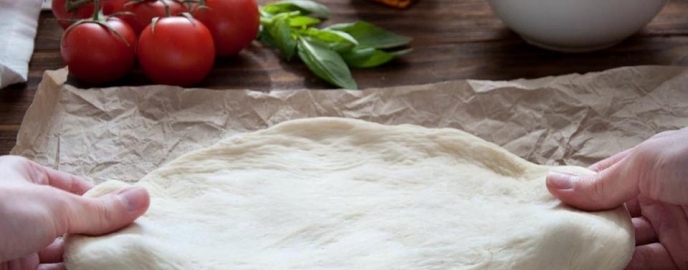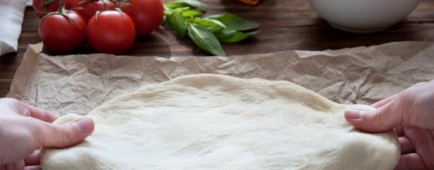MEDIO DE PUBLICACIÓN
Diario ELPAIS
El Hospital
Prensa
Recetas para elaborar alimentos sin gluten

El Hospital Británico organiza distintas actividades en el marco de su política de educación y prevención en salud. Combinando la teoría con la práctica, y de forma de acercar herramientas a las familias para enfrentar el desafío, el Hospital Británico llevó adelante una serie de talleres sobre cocina sin gluten, que incluyeron la elaboración y el horneado de medialunas y pan de campo. Liderados por la licenciada en Nutrición Fernanda Larrea y por el jefe de Servicios Gastronómicos del Hospital Británico, el Chef Adrián Parrilla, se llevó adelante una serie de tres talleres, enfocados en la cocina sin gluten en general y en la preparación de harinas sin gluten en particular. Cada taller comenzó con una presentación de la especialista en nutrición, que dio pie al trabajo de preparación y horneado de alimentos con Parrilla e integrantes del equipo de servicios gastronómicos del hospital. De los talleres participaron unos ochenta socios del Hospital Británico, destacándose la presencia tanto de portadores de la enfermedad celíaca como de personas que llegaron hasta el Hospital Británico con la intención de sumar tips y herramientas para elaborar alimentos destinados a sus familiares impedidos de consumir gluten. La enfermedad celíaca, que se ve tanto en niños como en adultos, es un desorden digestivo autoinmune, por el cual algunas personas predispuestas genéticamente desarrollan una intolerancia al gluten, una proteína presente en los cereales de grano, como el trigo, la avena, la cebada y el centeno (TACC). Se estima que el 40% de las personas tiene predisposición genética a ser celíacos, pero sólo el 1% desarrolla la enfermedad, y que por cada caso diagnosticado existen entre 5 y 10 sin diagnosticar. La enfermedad celíaca es una enfermedad crónica para la que hasta el momento no existe tratamiento curativo y que en Uruguay padecen unas 35.000 personas. “La idea fue compartir herramientas como para cambiar el paradigma de que sin gluten no podemos vivir”, apuntó Parrilla. El chef narró que junto a su equipo investigó y trabajó en la preparación de alimentos sin gluten, en busca de una propuesta atractiva que fomentara el intercambio con los participantes. “Nuestra biblioteca de cocina creció y es ahora más completa”, resumió y destacó el compromiso del equipo de Servicios Gastronómicos del hospital, que investigó, testeó ingredientes y ensayó preparaciones hasta lograr el resultado deseado. Liderados por Parrilla y su equipo, los participantes prepararon un pan de campo, medialunas y ñoquis de calabaza. Para lograrlo se utilizaron “ingredientes todos naturales y libres de gluten” que sustituyeron los tradicionales para lograr un resultado similar al tacto, de aroma y de sabor. Algodón de maíz, féculas de mandioca y de papa, leche en polvo, harinas de trigo sarraceno, de arroz, de garbanzo y de arvejas, fueron algunos de los ingredientes utilizados para alcanzar un resultado que Parrilla calificó de “excelente, no solo por el producto final sino también por la experiencia de la preparación y el intercambio, que fue más allá de compartir una receta”.

